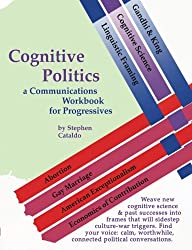No other issue costs Democrats the votes of compassionate voters the way choice|abortion does.
There is no other issue where we so desperately need to have a "big tent" for people who see the world differently, to use progressive communications styles with active listening — and no other issue where we could burn our big tent down by making the wrong compromises and failing to stick to our frame.
I'd like to start with an imagination exercise:
